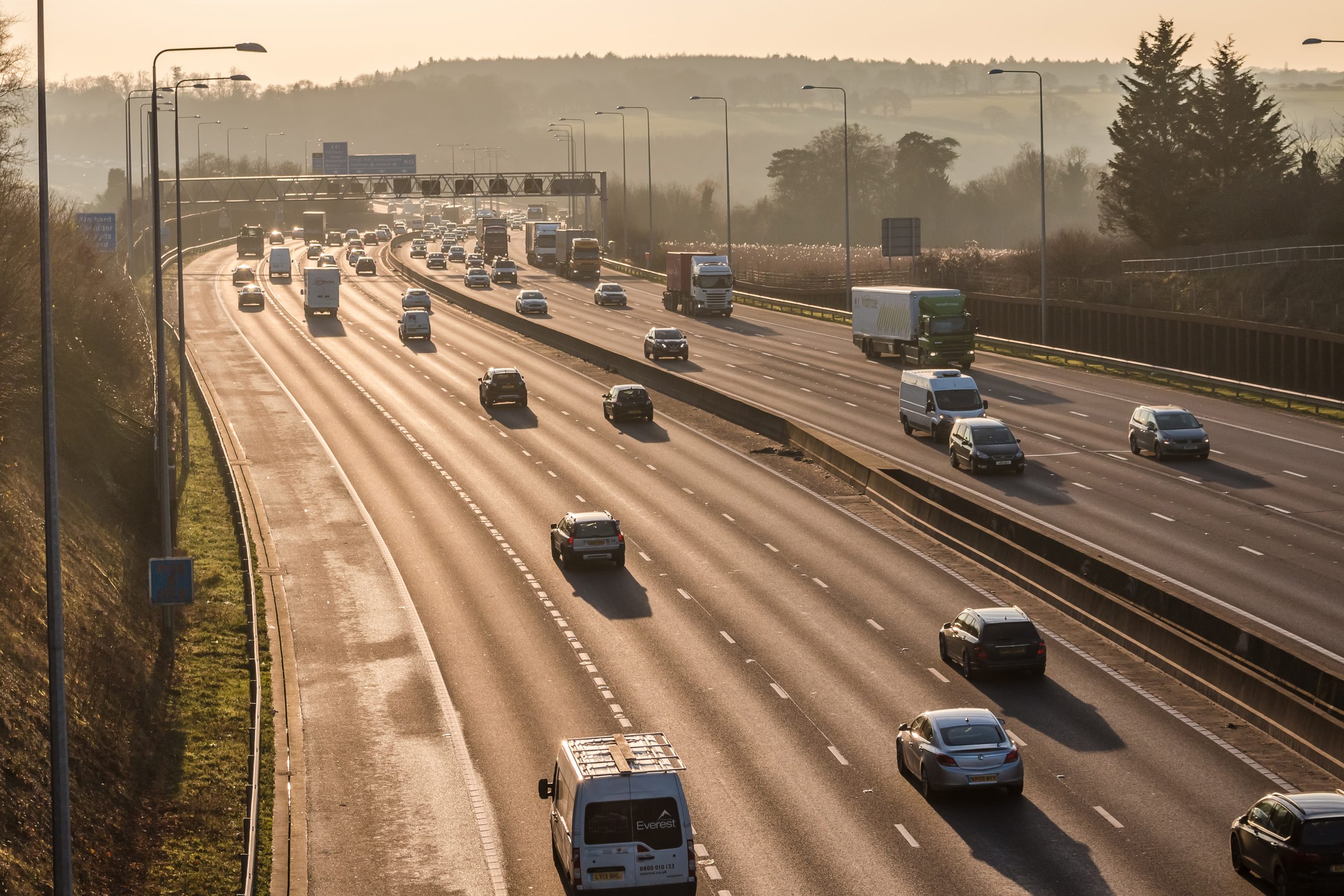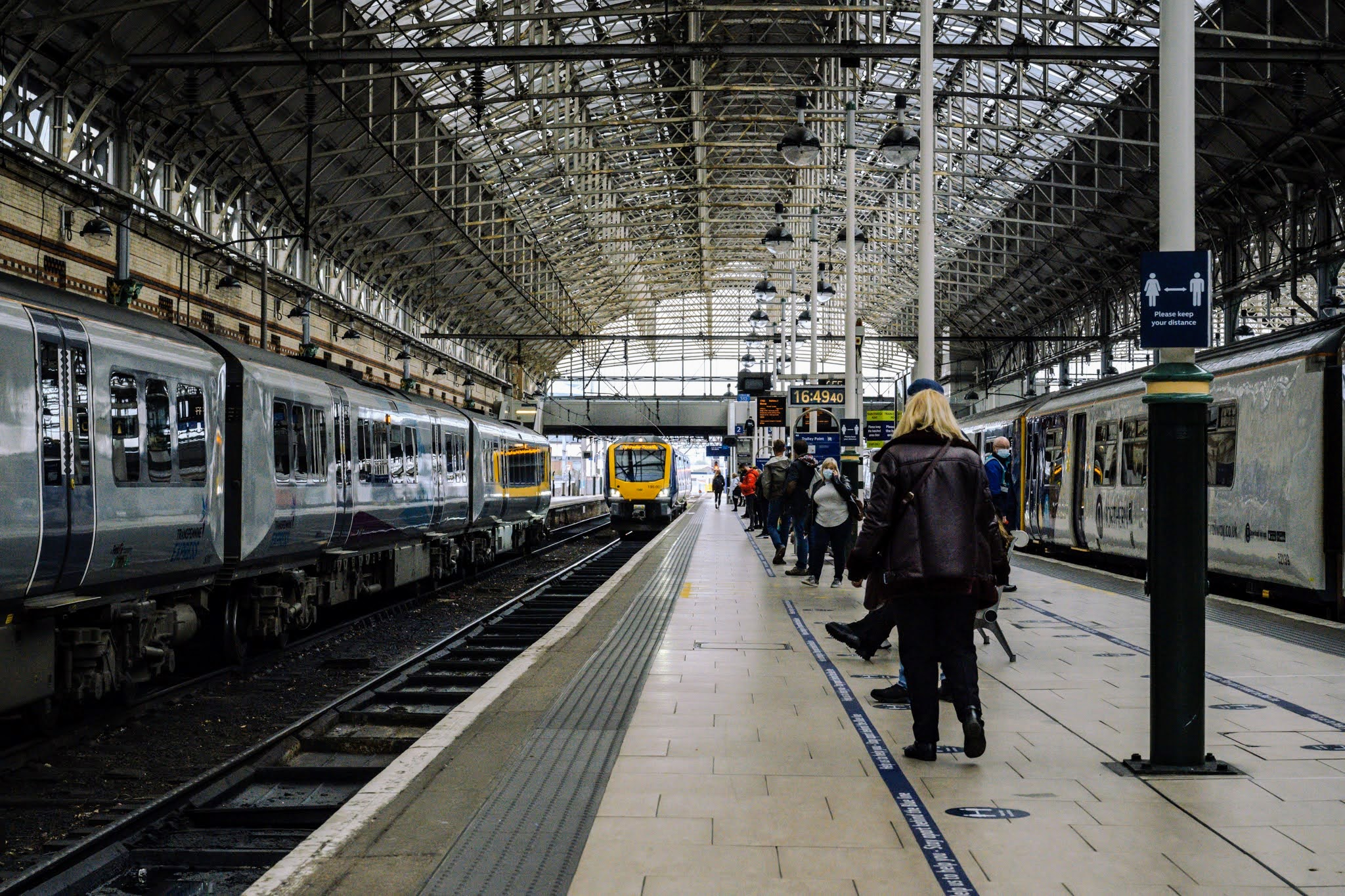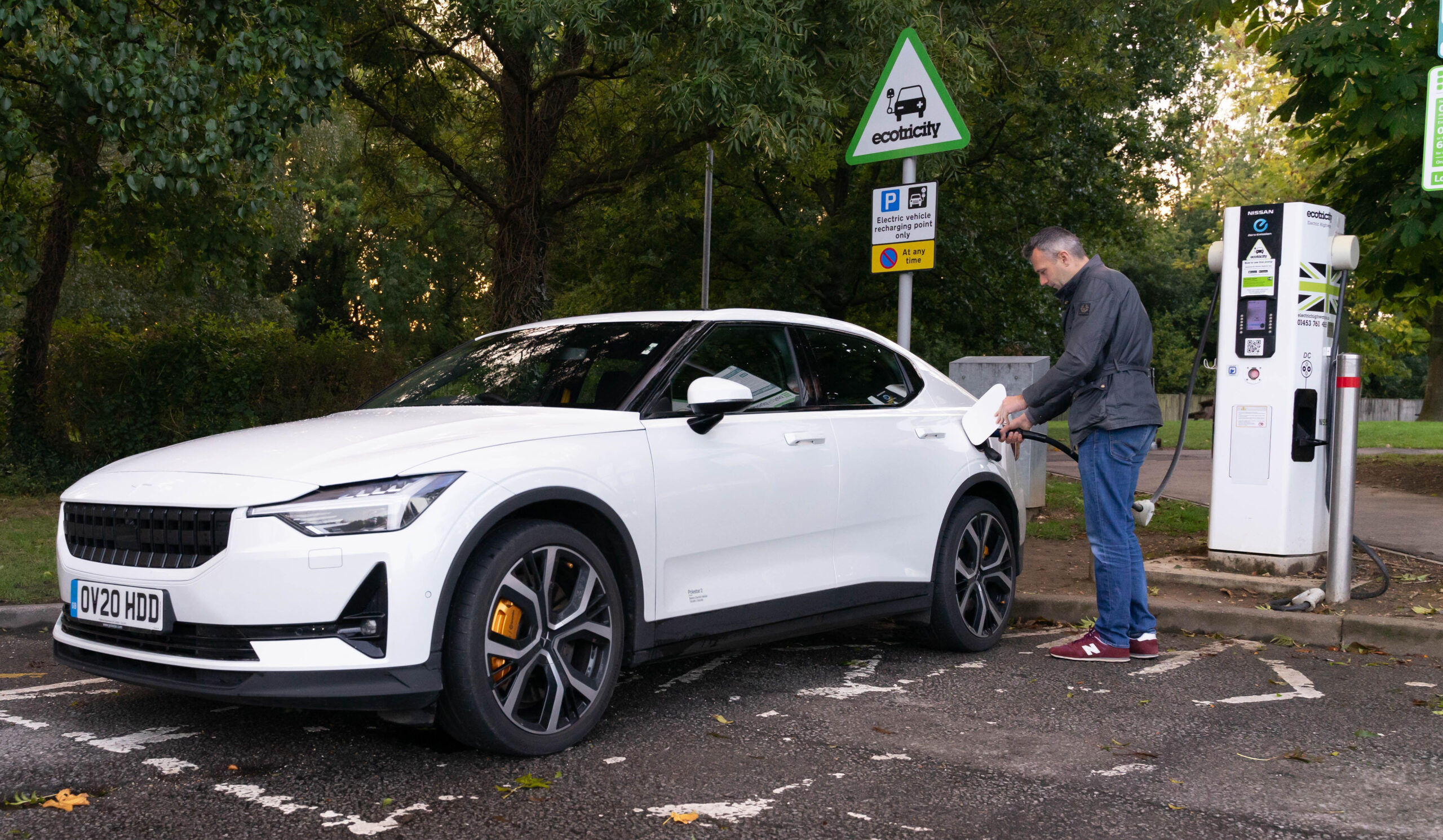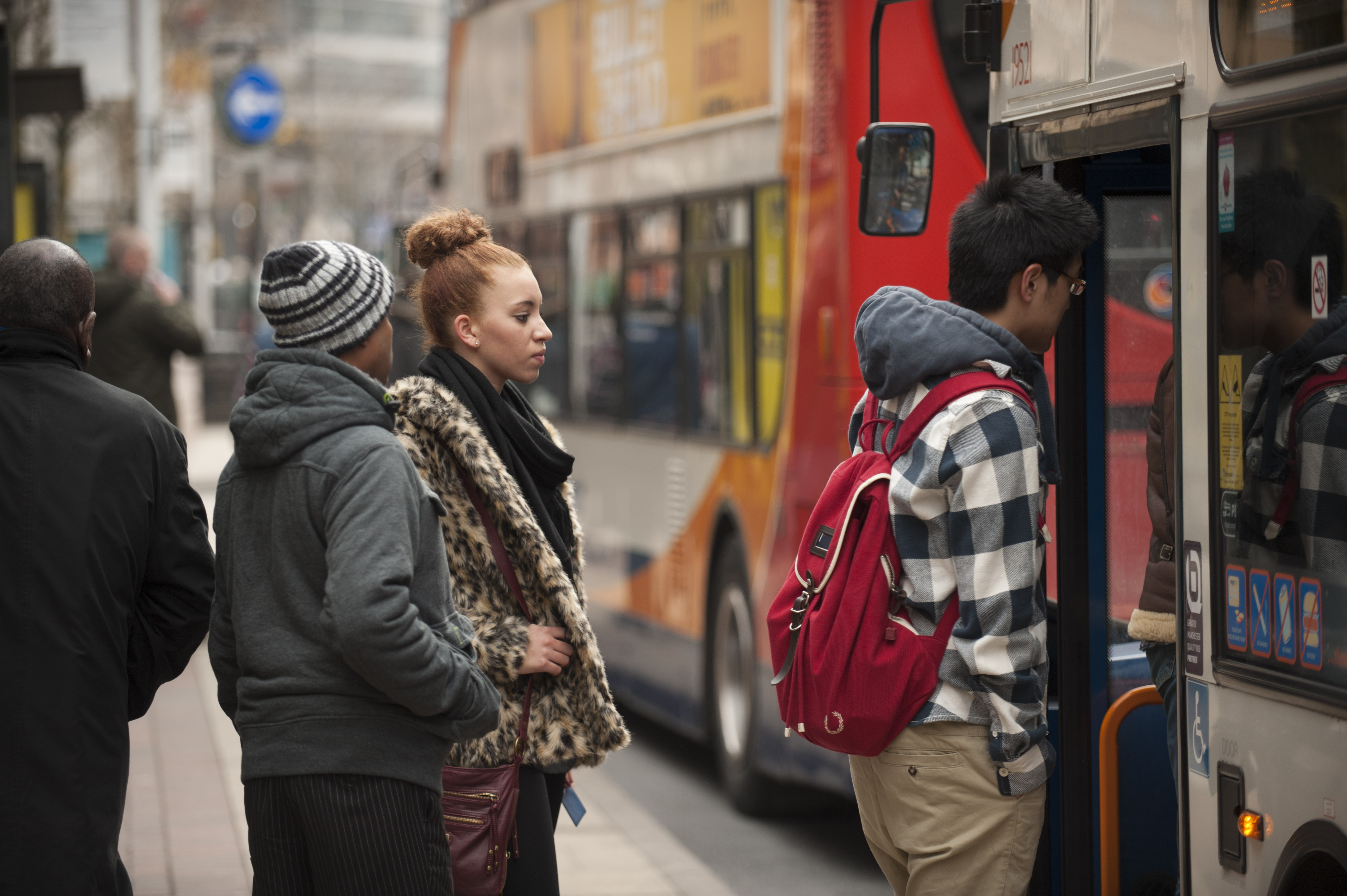
Don’t give up on public transport
15 November 2017
Why do people not use, or give up on, public transport?
There was an interesting piece from Forbes magazine on why people in the States have stopped using public transport. The conclusion sounds very familiar:
‘Commuters are more likely to stop using public transit when they experience delays they can blame on the transit agency…’
Reliable performance and the chance of getting a seat are key. This echoes our research on satisfaction, trust and what users feel about transport. When people have the choice they will often revert to car of taxi for perfectly understandable reasons – we all do it!
Why are travel patterns changing? Various reasons, but these issues come up again and again. Here are my thoughts on the issue.
The impact of bus cuts
Local authority funding reductions have meant lots of tendered or subsidised bus routes have been cut. Remember, outside of the London the bus market is currently deregulated. So what happens when bus services are cut? Our report, Bus service reductions – the impact on passengers, shows small but significant reduction in choice for many people. The four main impacts are:
- passengers could not travel like they used to
- dependency on others increased
- sometimes the passenger paid instead
- There was less ability to be spontaneous.
Lessons from Milton Keynes
Milton Keynes is a ‘new town’ built in the 1980s on a grid street pattern – in theory, as ideal for buses as cars.
However, bus use has been patchy, so the local company Arriva asked us to help find out why. The results from our report, Barriers to bus use in Milton Keynes, are interesting: people just don’t really think about buses and have little experience using them.
Reliability drives satisfaction: congestion kills bus services
More recently we also have spoken to people not currently using the bus (here) again, the conclusions are pretty clear: without a service or an adequate bus service people will choose the car.
Congestion is sapping passenger satisfaction and taking the bus is becoming a less attractive choice. This is becoming a vicious circle. Less buses, means more cars, which only leads to more expensive, less reliable, services.
Rail travel
But what about rail? There, passenger numbers are rising. We know people choose rail for its reliability. That is the basic thing we are buying – the timetable! It’s interesting that the Heathrow Express can get people out of cars and taxis (the main way people choose to get to most airports): reliability wins out.
However, there is definitely space on our railway for more passengers during off-peak times.
Choice for users
How do people choose how to get around? A few ideas contained in my blog here – if there is less choice there will clearly be a tendency to choose the car (either one you own or share) which provides, in theory, the ultimate choice. It’s there when you need it.
Providing passengers with choice and reliable journeys is key to encouraging people to use public transport. If you’ve got a thought on what’s preventing people from using transport then share your views with me here or over on Twitter, @anthonysmithTF.






